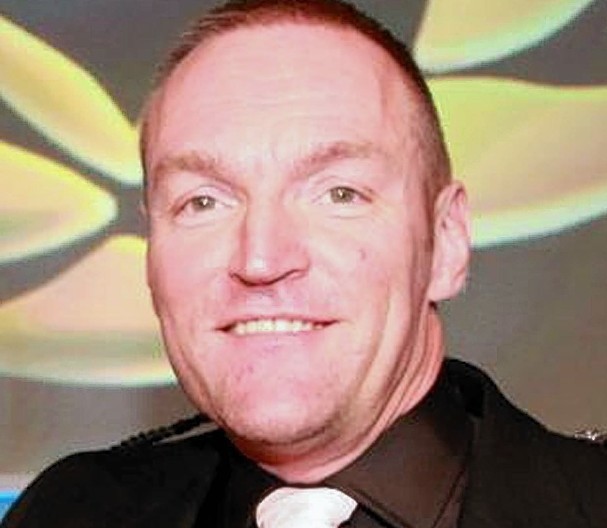A leading Aberdeen dentist who left a patient with a lisp following dental surgery has been allowed to continue practising.
George Glover was found guilty of misconduct at a General Medical Council hearing in Edinburgh.
But despite “serious” failings in his treatment of a single patient – referred to as Patient A – the professional conduct committee found his fitness to practise was not impaired.
Mr Glover was found guilty of a catalogue of failings relating to implant surgery he performed on Patient A at his practice, Fergus and Glover, in Union Street, Aberdeen.
The surgery was “performed inadequately”, with the implants having been placed too deeply.
Mr Glover then undertook a second inappropriate surgical procedure, a soft tissue graft, on two separate occasions.
After two years of treatment, Mr Glover failed to achieve a satisfactory aesthetic result for Patient A and did not make an appropriate referral so that a good result might be achieved.
The dentist also failed to obtain informed consent from Patient A; to provide sufficient information regarding the risks and complications associated with this type of surgery; and to advise him of the possibility of a poor aesthetic result in his case.
The committee said the misconduct in this case related to “serious deficiencies which took place over a protracted period of time”.
However, Mr Glover, of Argyll Street, Aberdeen, was found to have “worked hard to improve the overall standard of care” provided at his practice, which was awarded Best Scottish Practice at the 2008 Dentistry Awards.
The committee also considered it “highly unlikely” there would be a re-occurrence of his misconduct.
And it took into account letters written by Mr Glover’s patients and colleagues which commented on his high standard of care and professionalism.
Findings released by the GDC panel stated: “You have worked hard and conscientiously to become a better dentist and the committee is impressed by the extensive remediation you have undertaken.
“You have expressed genuine regret and remorse for the effect of your failings on Patient A.
“The committee considered that your evidence showed considerable insight into your deficiencies, and you have taken specific action to address each of the failures involved and remedy them.”
